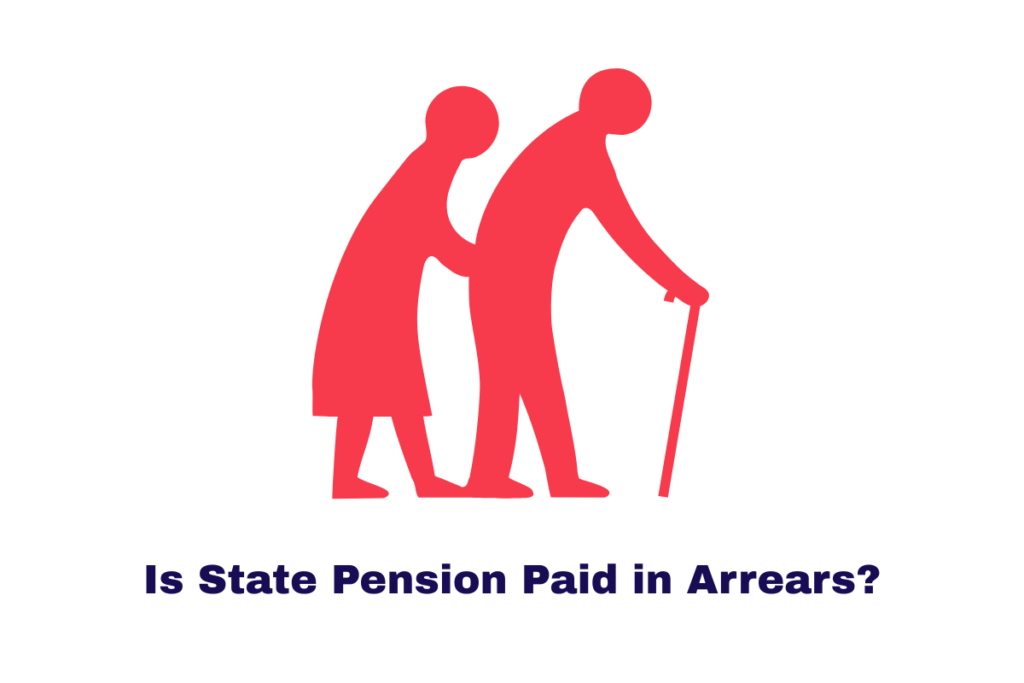The UK state pension plays a central role in retirement planning for millions. However, a common question many individuals ask is: is state pension paid in arrears? Understanding the payment structure is crucial for budgeting, tax planning, and maintaining financial stability in later life.
In this article, we’ll explore how the state pension works, clarify what “arrears” means in this context, and outline the pros and cons of this payment structure. We’ll also offer practical advice on how to plan around this system using tools like our Listen to Taxman Calculator.
How Does the UK State Pension Work?
The UK state pension is a government-provided income for individuals who have reached state pension age and have made sufficient National Insurance contributions. The system has evolved over time, now offering the New State Pension, which simplifies previous arrangements.
As of the 2025/26 tax year, the full new state pension is £203.85 per week, but your actual entitlement depends on your contribution history. You must have at least 10 qualifying years to receive any payment, and 35 qualifying years to receive the full amount.
So, Is State Pension Paid in Arrears?
Yes, state pension is paid in arrears. This means that when you receive a payment, it covers a period that has already passed—usually the previous four weeks. Payments are not made in advance.
For example, if your pension is paid on a Monday, it will reflect the entitlement from the previous four-week period. This schedule helps the Department for Work and Pensions (DWP) manage payments efficiently and accurately.
You can also read our more guides on Personal Tax:
What is a Sole Proprietorship? Things You Should Know
How Much Will I Pay Tax on My Bonus in the UK?
Payment Schedule: When and How?
State pension payments are made directly into your bank account every four weeks. The day of the week you receive your payment depends on the last two digits of your National Insurance number:
- 00 to 19 – Monday
- 20 to 39 – Tuesday
- 40 to 59 – Wednesday
- 60 to 79 – Thursday
- 80 to 99 – Friday
Your first payment may be slightly higher or adjusted to reflect the exact number of days from your entitlement start date to the first payment date.
Tax Implications of Receiving State Pension in Arrears
Though the state pension is taxable, the DWP does not deduct tax from it directly. Instead, it’s added to your total income for the tax year. This means you must ensure it’s properly included when calculating tax obligations.
Why Is State Pension Paid in Arrears?
The decision to pay state pension in arrears is grounded in several administrative and practical benefits:
1. Efficient Payment Processing
Processing payments after the entitlement period ensures accurate calculations and reduces administrative complexity for the DWP.
2. Reduced Fraud Risk
Paying in arrears allows time to verify eligibility, reducing the chances of overpayments or fraudulent claims.
3. Predictable Income Stream
Retirees can expect regular payments every four weeks, simplifying long-term budgeting.
Drawbacks of State Pension Being Paid in Arrears
Despite its advantages, the arrears model has potential disadvantages that can affect some pensioners:
1. Initial Waiting Period
After reaching state pension age, there’s typically a delay before the first payment is received. This gap can be challenging for those relying solely on pension income.
2. Cash Flow Issues
Receiving money after the entitlement period may disrupt short-term budgeting or bill payments, especially for low-income retirees.
3. Budgeting Complexity
The four-week cycle differs from monthly billing schedules, making budgeting slightly more complex.
4. Impact on Low-Income Households
Those on tight budgets may find it difficult to bridge the gap between entitlement and receipt, increasing the risk of financial strain.
Planning for Retirement with Arrears in Mind
If you’re approaching state pension age, understanding that state pension is paid in arrears allows you to make better financial decisions. Here are a few tips:
- Create a buffer fund to cover expenses during the initial waiting period.
- Review your income mix, including personal pensions, savings, or part-time income.
- Stay informed about your entitlement and payment dates.
Conclusion
To answer the central question: is state pension paid in arrears? — Yes, it is. While this system ensures administrative efficiency and reduces fraud, it does come with certain challenges for new retirees, especially in managing cash flow and aligning payments with bills.
By understanding this structure and planning accordingly, individuals can avoid financial surprises and enjoy a smoother transition into retirement.
The content provided on TaxCalculatorsUK, including our blog and articles, is for general informational purposes only and does not constitute financial, accounting, or legal advice.
You can also visit HMRC’s official website for more in-depth information about the topic.

